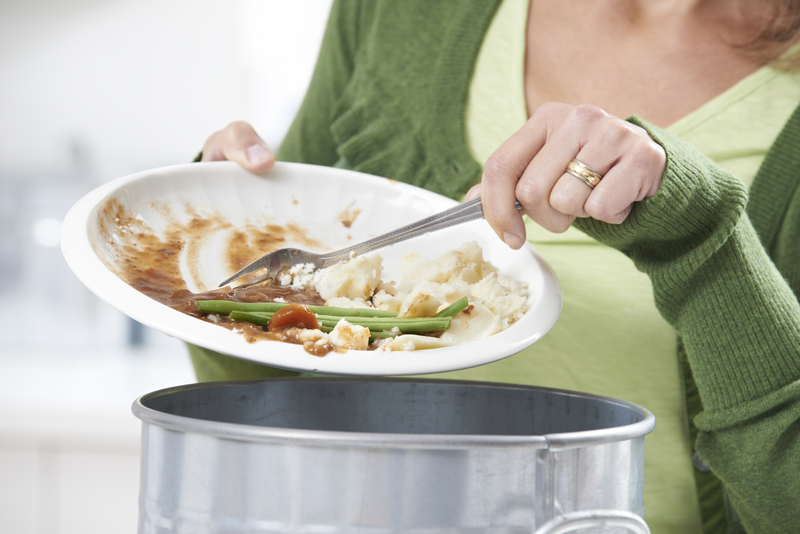Posted on 26/11/2024
Strategies to Lessen Household Waste
Managing household waste efficiently is pivotal for both environmental sustainability and personal well-being. It encompasses a multitude of practices ranging from reducing consumption to recycling and composting. In this article, we shall delve into various strategies you can implement to lessen household waste effectively.
1. Reduce, Reuse, Recycle
The three Rs--Reduce, Reuse, Recycle--form the cornerstone of waste management. By reducing your consumption, you generate less waste. Reusing items or repurposing them can extend their lifecycle, reducing the need for new products. Recycling ensures that items are processed for reuse in manufacturing, thus mitigating waste.

2. Composting Organic Waste
Composting is an efficient way to handle organic waste. Kitchen scraps like fruit peels, coffee grounds, and eggshells, as well as yard waste like leaves and grass clippings, can be turned into nutrient-rich compost. This compost can then be used to enrich your garden soil, fostering a circular economy of waste management right at home.
3. Using Reusable Bags and Containers
Eliminate single-use plastics by switching to reusable bags, containers, and bottles. This significantly reduces the amount of plastic waste generated and also saves you money in the long run.
4. Buying in Bulk
Purchasing items in bulk not only economizes your shopping expenses but also reduces the packaging waste generated. Bulk buying is especially effective for pantry staples such as grains, nuts, and spices.
5. Digitalize
Switch to digital receipts, e-bills, and avoid physical mail as much as possible. Digitalizing reduces paper waste and is more convenient for record-keeping.
Pros and Cons of Reducing Household Waste
Pros:
- Environmental Impact: Lesser waste reduces pollution and conserves natural resources.
- Cost Efficient: Reusable items and bulk buying can save you money.
- Improved Health: Less waste means a cleaner home environment and better air quality.
Cons:
- Initial Cost: Setting up a composting system or buying reusable items can require an initial investment.
- Time Consumption: Sorting waste and composting can be time-intensive.
- Space Requirements: Effective waste management practices like composting may require additional space.
Tips for Effective Waste Reduction
- Keep a waste diary to understand and track the types of waste you generate.
- Learn about local recycling programs to ensure you are recycling correctly.
- Always carry a reusable shopping bag and water bottle.
- Use cloth rags instead of paper towels.
- Label a compost bin clearly to encourage family members to compost.

Key Takeaways
- Start with small changes like using reusable bags and containers.
- Composting can be effective but requires commitment.
- Digitalize where possible to reduce paper waste.
- Understanding local recycling guidelines is crucial.
Conclusion
Strategies to lessen household waste are not merely beneficial for the environment but also promote a sustainable lifestyle. While challenges do exist, the long-term benefits far outweigh any initial inconveniences. By implementing the strategies discussed, you can significantly reduce your household waste, thus contributing to a healthier planet.
By adopting these practices and sharing them with others, you amplify their impact, fostering a community of sustainability. Embrace these methods to not only lessen household waste but also inspire further ecological consciousness.
Latest Posts
Tips for Proper Disposal of Regular Waste
Garbage Cleanup Bags - Efficient Skip Substitute

































 Get a Quote
Get a Quote